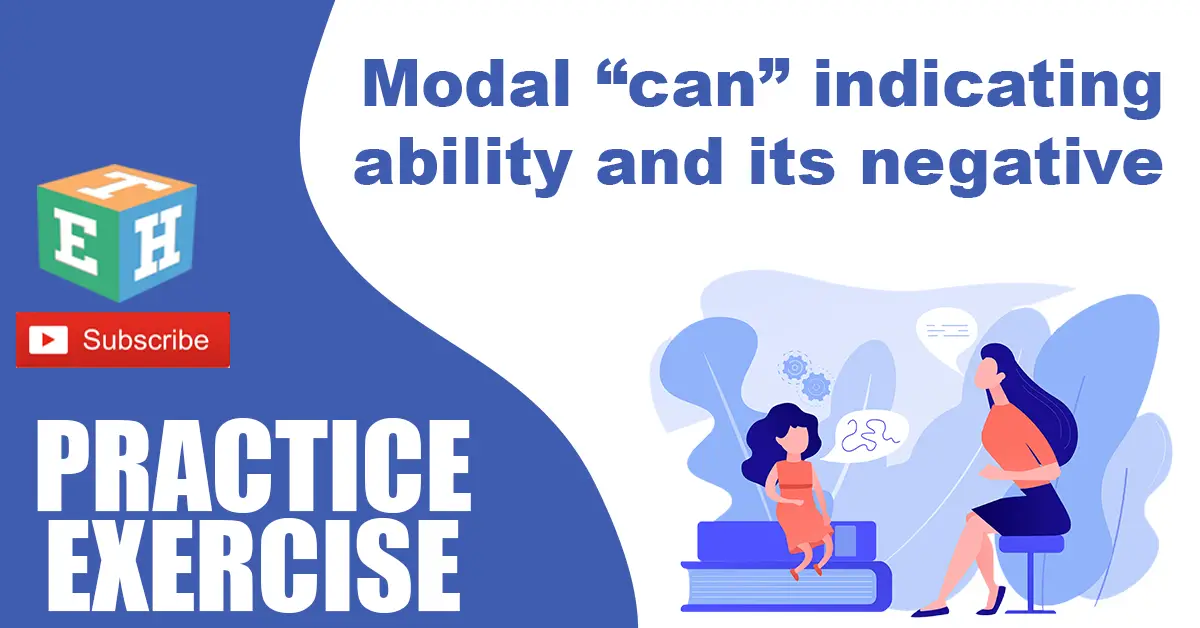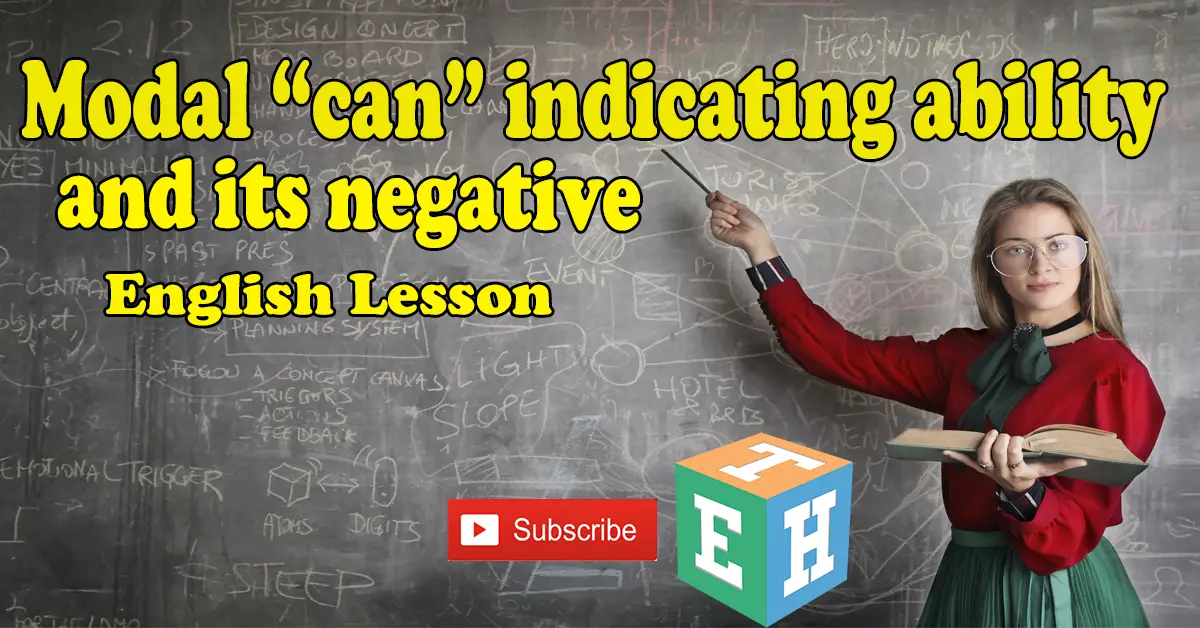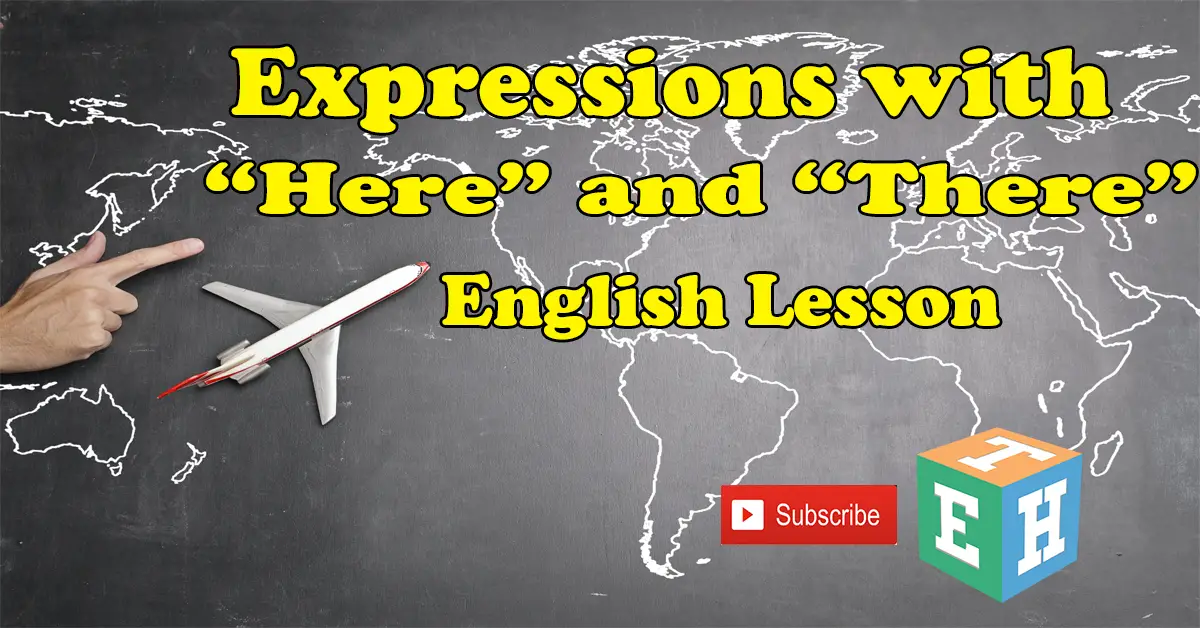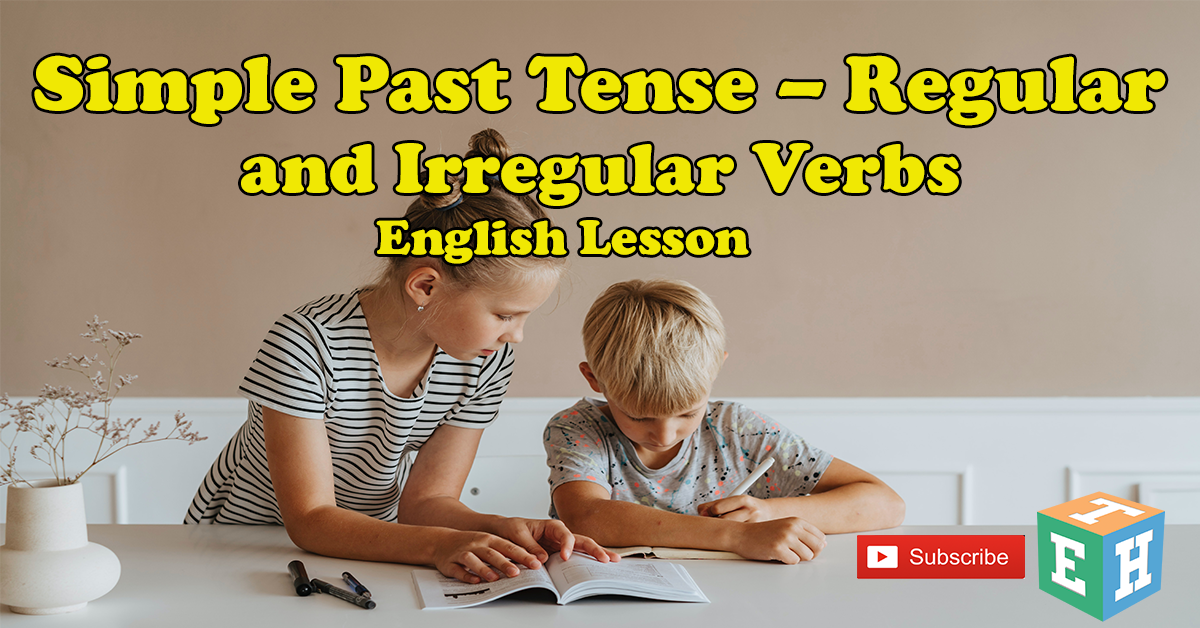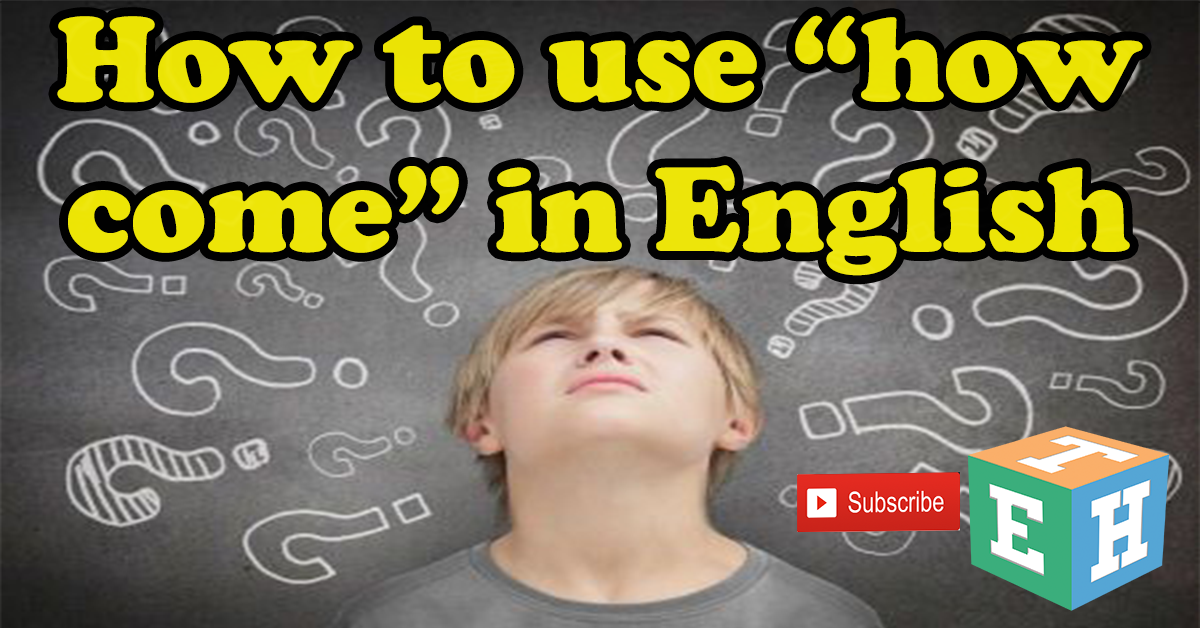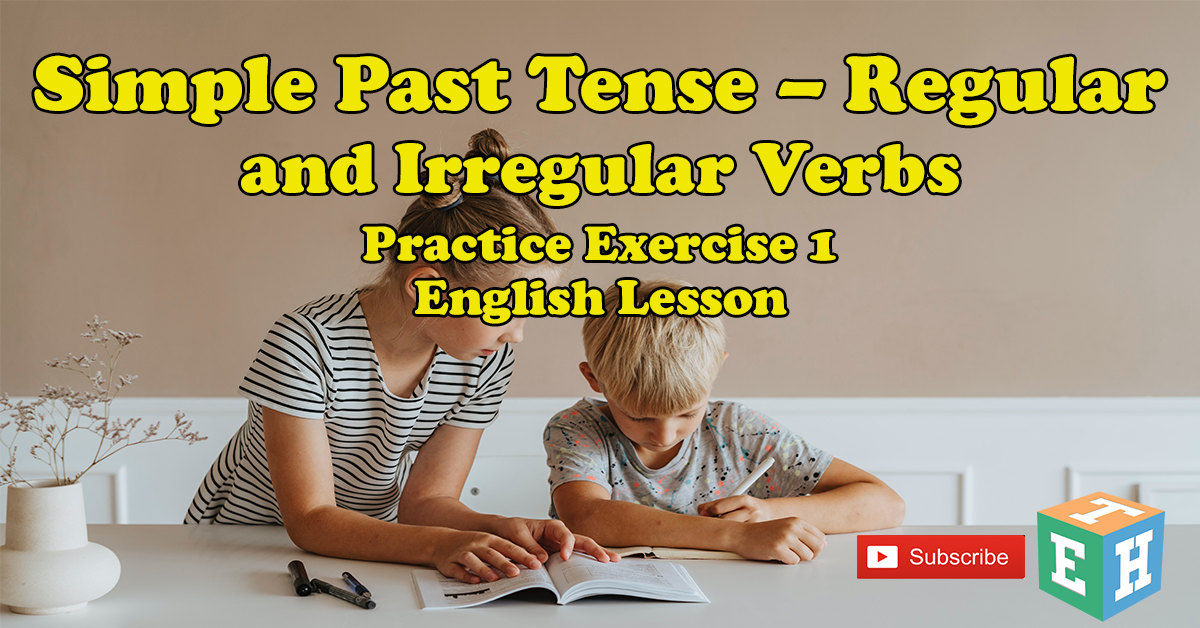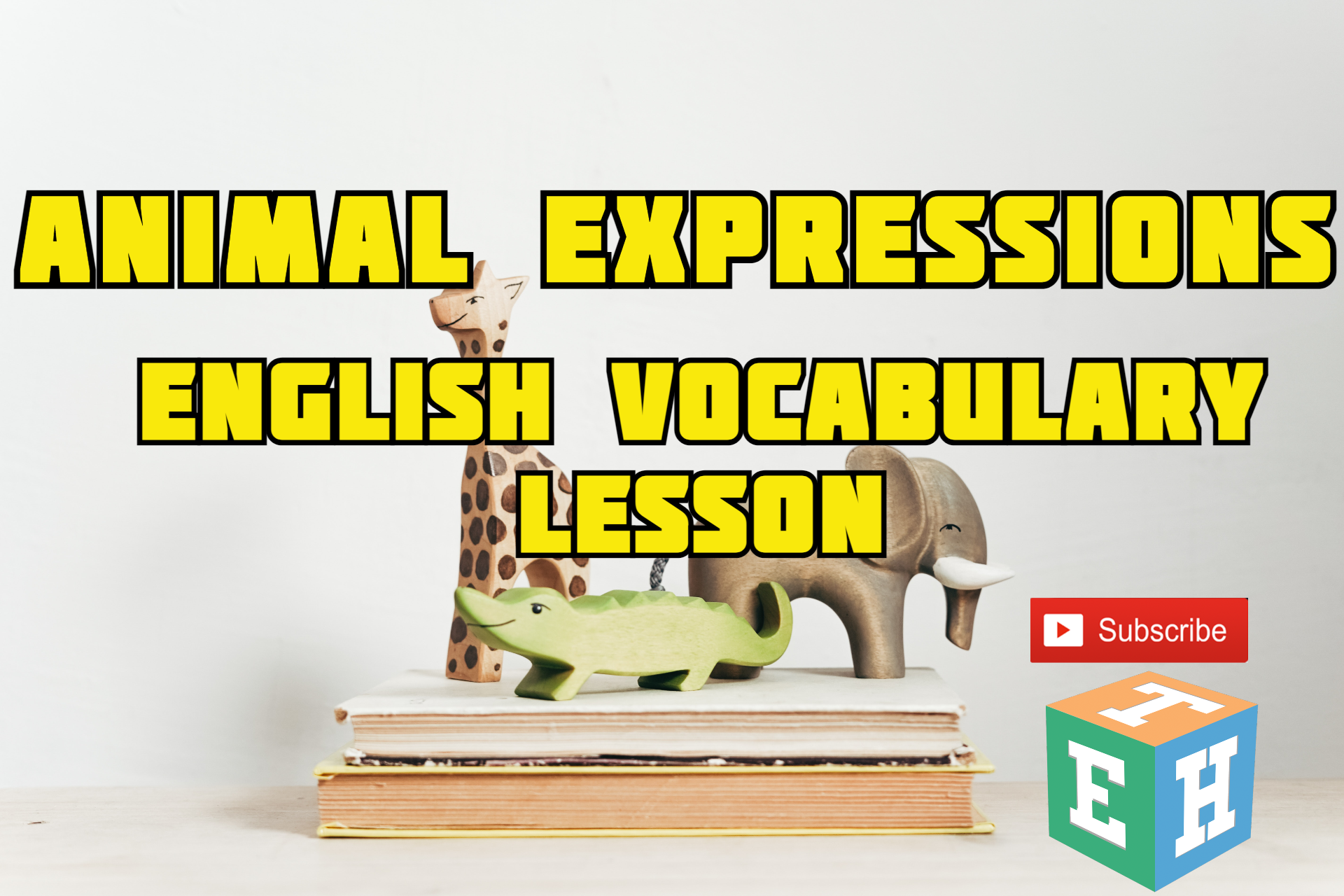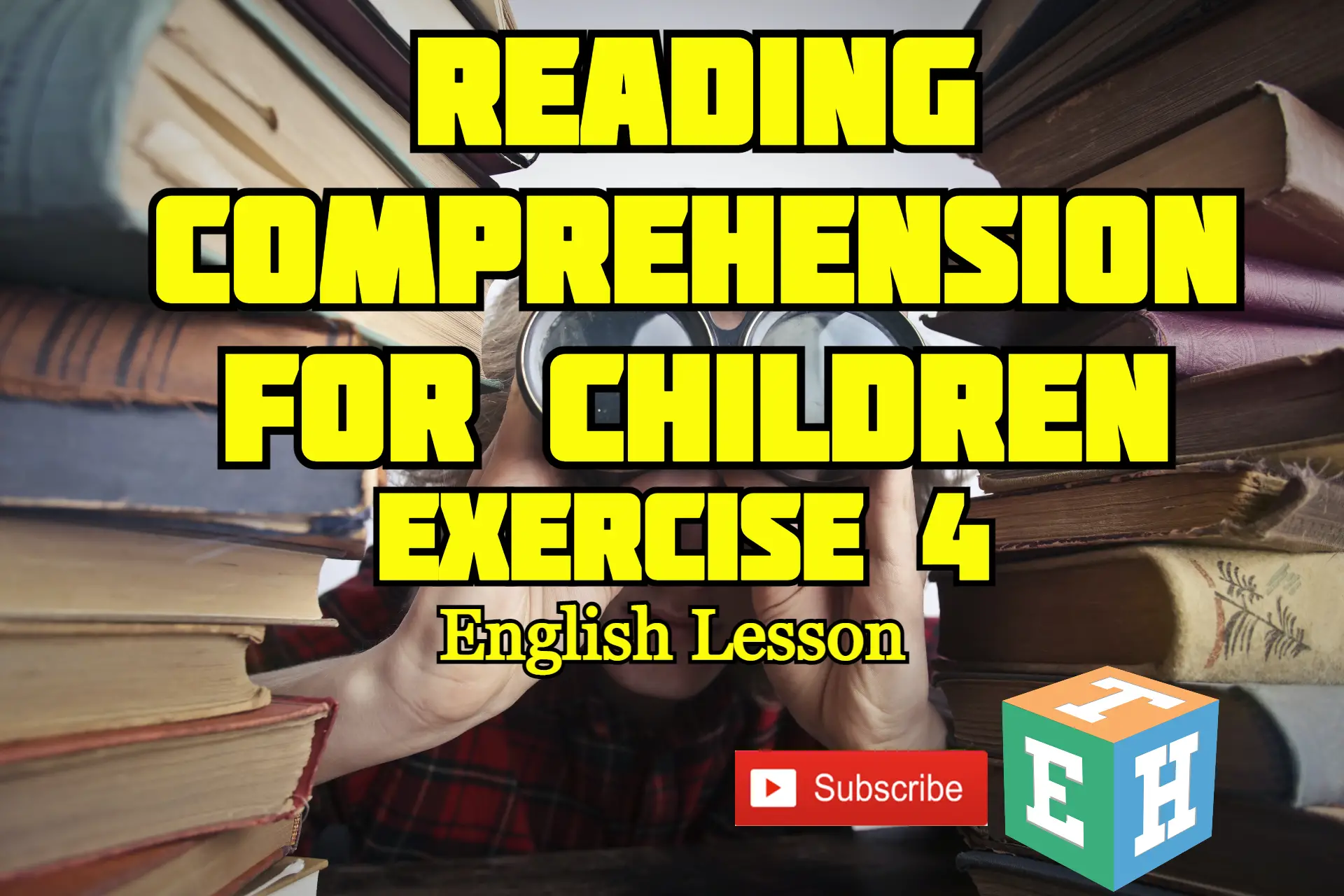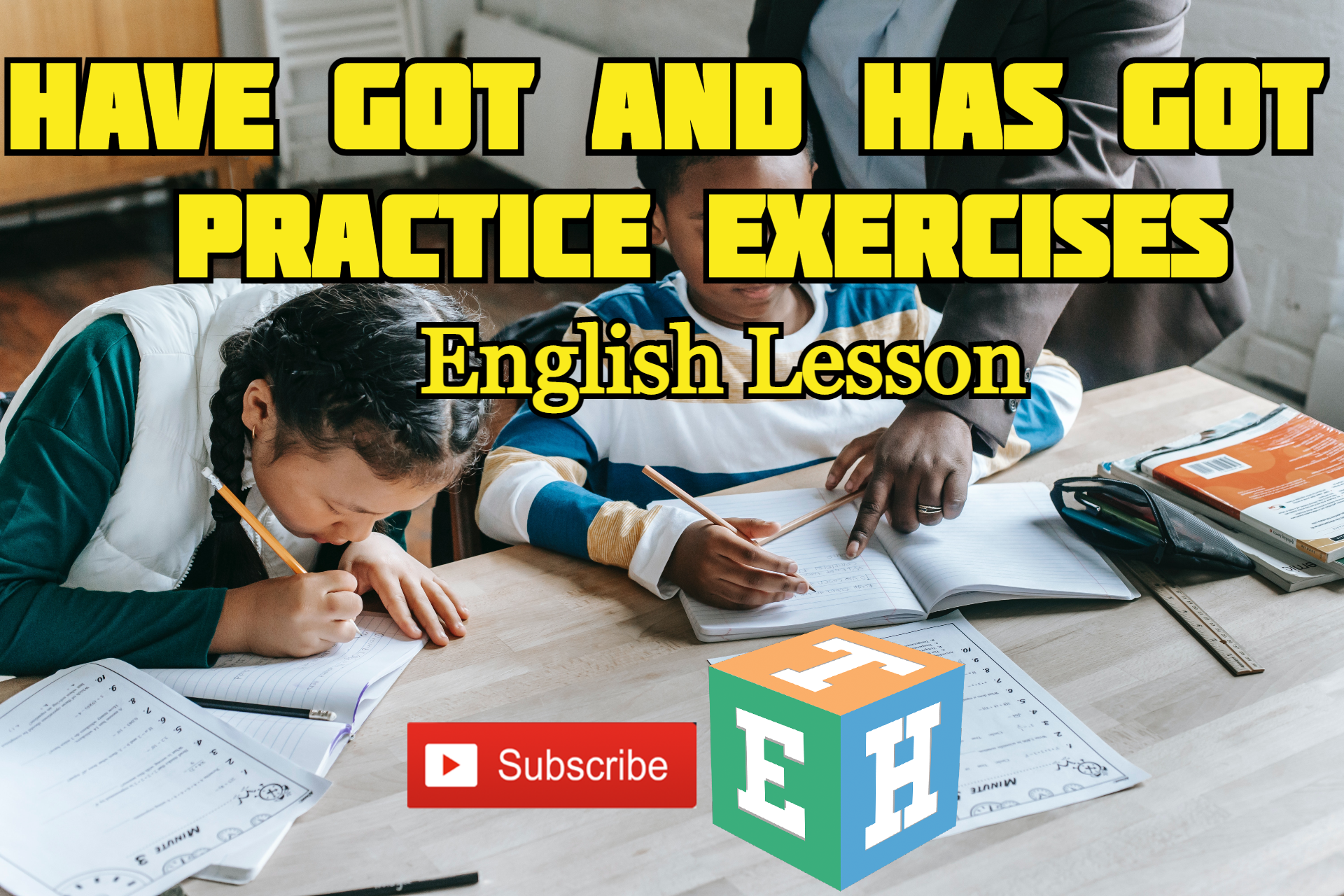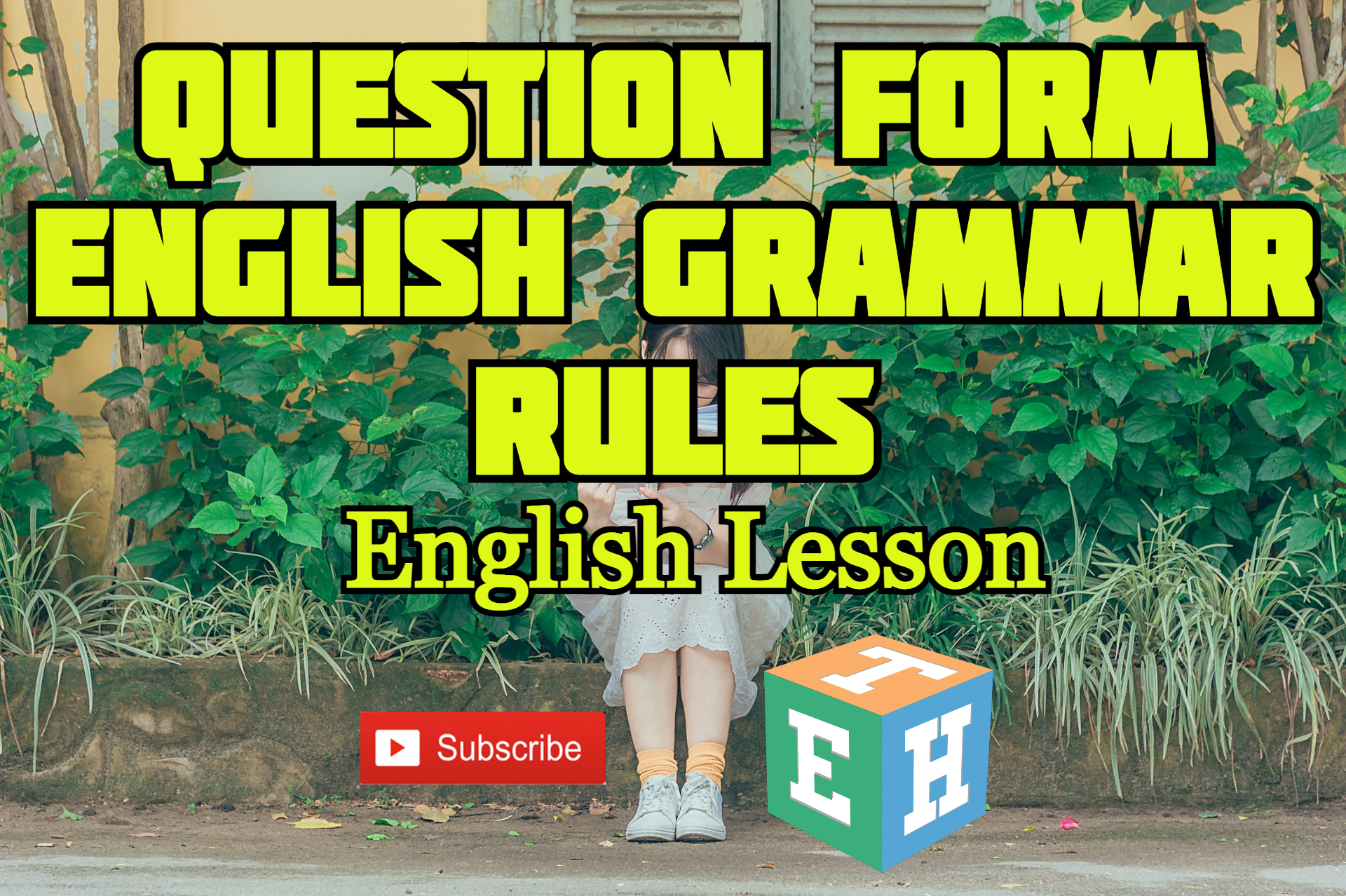Modal “can” indicating ability and its negative Practice Exercise
Modal “can” indicating ability and its negative Practice Exercise In this starter pack tutorial for beginners, learners will be able to learn the modal “Can” that indicates ability and it’s negative. What does “Can” means in English lesson? How it use and affects the idea of a sentence? Practice exercise 1 Underline the correct answers. … Read more

